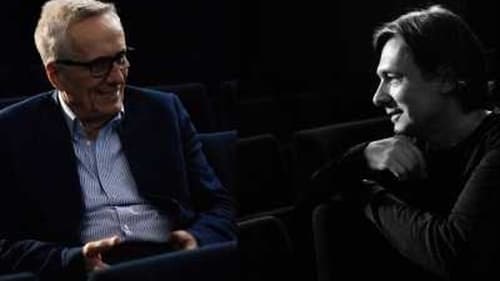
Self
A deep dive into Glauber Rocha's years exiled in Italy in the 70s. Through a collection of interviews and archives, the movie shows the making of his film Claro (1975) and his relation with European auteurs in their filmic and political views.

Director
Twelve hundred kilometers is length of Italy, from the mountains of the North to the South Sea; from the white of the snow to the blue of the sea. The film is a trip to the peninsula made especially with the documents of the Istituto Luce, in whose archives appears an Italy from the early twentieth century, a long journey up to years close to ours. An articulated Italy, made up of different forms of Beauty, in a territory that has particular characteristics for each region, from Valle d'Aosta and Friuli Venezia Giulia, from Tuscany to Lazio, from Lombardy to Liguria, from Campania to Sicily and its islands; and so on. Twenty regions. The history of the territory, of the its landscape, life of its people and art have always been mixed. The spectacle of nature intertwines with the spectacle of Italian work and creativity, open to the world, loved and visited by the world. The film tells this Italy. Scenarios, art, work, landscapes, culture, shows, great people.

Self
A passionate cavalcade through decades of "coming attractions"

Looks back at the Sciuscià, its success abroad, its influence on later filmmakers, its Oscar win, and the social conditions at the time of its production.

Writer
A deaf man rebels against his controlling mother by dating a high-school drop-out who shares his disability.
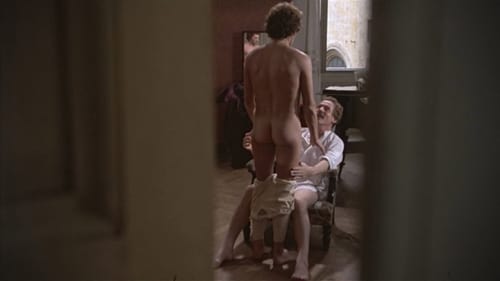
Screenplay
En 1899, Paul conoce a la joven judía rusa Salomé e inmediatamente quiere casarse con ella. Ella en cambio, propone una relación más ambigua: Ellos dos y su amigo, Friedrich Nietzsche.Con un título que hace referencia a la obra del famoso filósofo alemán, "Más allá del bien y del mal. Preludio de una filosofía del futuro", se esconde este drama que profundiza en la intensa relación que se estableció en la década de 1880 entre Nietzsche, la escritora y psicoanalista Lou Salome y el también filósofo Paul Rée.
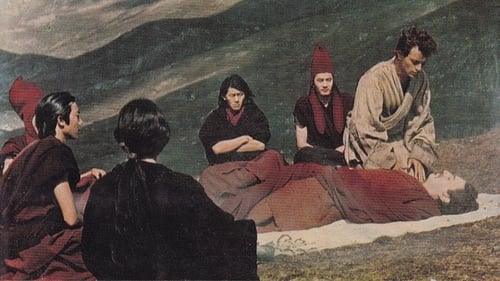
Screenplay
A story inspired by a classic text of Tibetan literature, Milarepa moves back and forth in time between the story of the title character, a mystic of the eleventh century and a young westerner whose travails are not very different, both being torn between the search for knowledge and a quest for power.
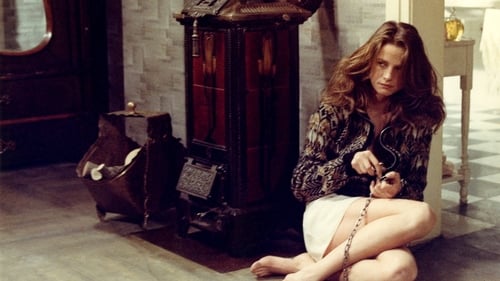
Screenplay
Viena, 1957. Una mujer judía, esposa de un director de orquesta, reconoce en el portero del hotel en el que se aloja al oficial nazi que, en un campo de concentración, la había utilizado como objeto sexual en una tortuosa relación sadomasoquista.

Writer
A phrophetic Film about the fundamental problem of our times, that automatization of the production process ultimately eliminates human labour. In this fact lies the potential for the marxist liberation of the productive forces and the and the industrial genocide.
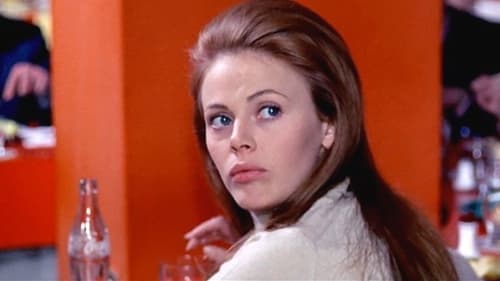
Screenplay
On the streets of a damp metropolis lie the corpses of hundreds and hundreds of boys and girls. No one can give them a resting place because of a law enacted by a repressive State. But the young Antigone, with the help of a foreigner, Tiresias, violates this rule in the name of pietas, undermining the established order.








